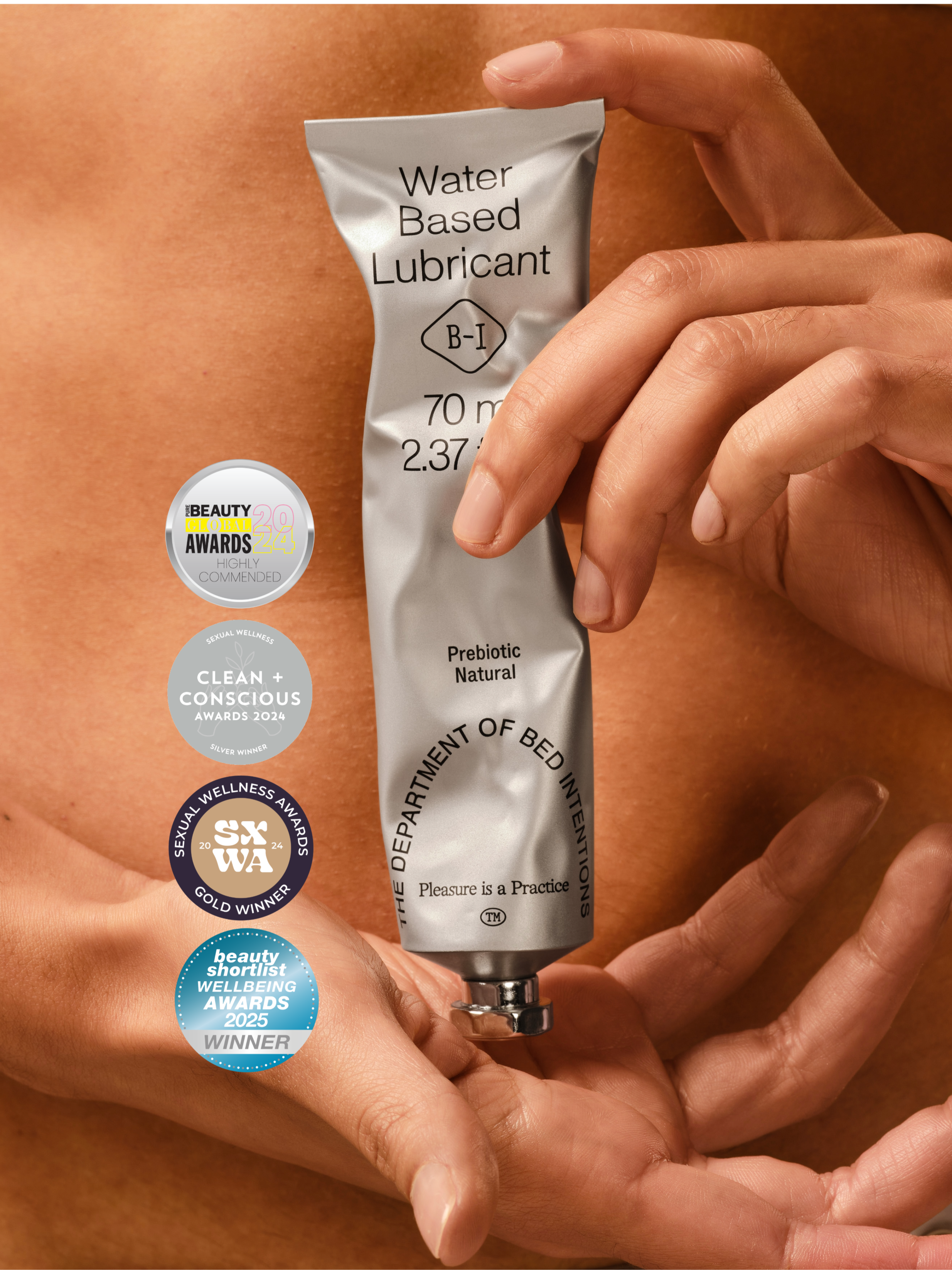The WHO has recommended against using hyperosmolar or high osmolality lubricants because of its potential to damage vaginal epithelial cells and cause irritation.
So, can lube cause irritation? Yes it can. End of story. Right?
Not quite, because the complex part often becomes determining the culprit.
Was it the lube? Maybe, But maybe it was the fabric softener on those new sheets.
Or, was the cologne your partner spritzed down there beforehand, a really bad idea?
So there’s always an issue of correlation, over causation, and it’s important to recognise that our bodies are complex, often sensitive, and the world we live in is filled with irritants.

So if lube can cause irritation, should you just not use it?
Again, not quite.
It all comes down to the type of lube you’re using, how it’s made, and how you’re using it.
Because the kicker here, is that not using lube can also cause irritation.
How to tell which lubes can cause irritation?
Again, not quite.
It all comes down to the type of lube you’re using, how it’s made, and how you’re using it.
Because the kicker here, is that not using lube can also cause irritation.

One measure is by looking at the Osmolality of a product.
|
Personal lubricants with excessively high osmolality have been shown in vitro to draw water out of cells, causing them to shrink and potentially leading to tissue damage. Recognising the significance of osmolality in personal lubricants, the World Health Organization (WHO) has provided recommendations to guide manufacturers and consumers. According to the WHO, personal lubricants should have an osmolality of less than 1,200 mOsm/kg, or less than 8% of glycols in the total formulation, to ensure compatibility with intimate tissues.
|
So high-osmolality is the worst and we hate it. Right?
Like all things in life, it’s a balance.Lubricants with low osmolality (or low glycols) aren’t as fun and slippery to use, so there is another factor we must balance to encourage the use of lubricants!Research shows that people prefer high osmolality lubricants for their feel and function during sex.
Our Water-based lubricant complies with this WHO recommendation, yet, has enough glycols to ensure that our product is fit for purpose – for slippery, fun and safe sex.





